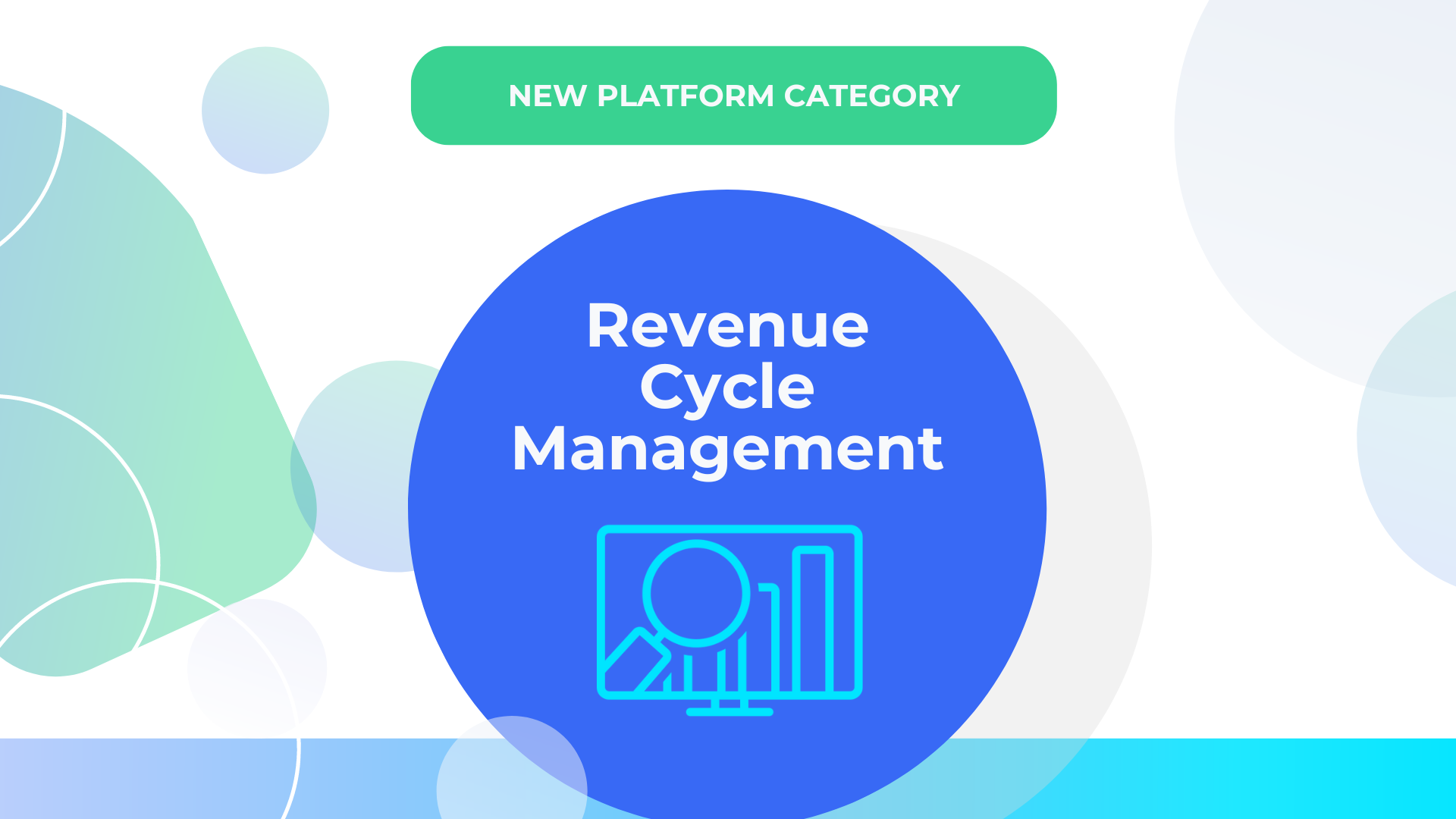What is revenue cycle automation?
Revenue cycle management (RCM) is a collaborative effort between a healthcare organization and its patients, with healthcare professionals playing a crucial role. It manages the financial transactions and interactions, from the initial appointment scheduling to the final payment collection. This includes verifying insurance eligibility, coding and billing for services rendered, and following up on claims until paid. RCM also involves managing patient payments, including copays, deductibles, and outstanding balances.
From a healthcare perspective, effective revenue cycle management is crucial for a healthcare organization’s financial health and sustainability. It ensures that providers are appropriately reimbursed for their services, helping to cover operational costs, invest in new technologies and services, and ultimately deliver high-quality patient care. Additionally, RCM helps healthcare organizations maintain compliance with regulatory requirements and navigate the complexities of insurance billing and reimbursement, reducing the risk of financial losses and ensuring the organization remains financially viable in the long term.
How do revenue cycle automation products impact hospitals and health systems?
Effective revenue cycle management (RCM) is not just about financial stability; it’s about enhancing patient care. By optimizing RCM processes, healthcare organizations can ensure timely and accurate reimbursement for services rendered. This means reducing revenue leakage, minimizing claim denials, and accelerating payment cycles. Moreover, efficient RCM helps healthcare providers identify and address inefficiencies in their billing and coding practices, leading to improved cash flow and increased revenue. Ultimately, this translates into better resources for patient care and improved outcomes.
Additionally, robust RCM practices help hospitals and health systems address common challenges such as rising healthcare costs, decreasing reimbursements, and increasing patient responsibility. By streamlining billing processes, verifying insurance eligibility, and optimizing collections, RCM solutions alleviate financial strain on healthcare organizations and enable them to focus on delivering excellent patient care. Furthermore, RCM helps enhance the patient experience by providing transparent billing practices, reducing billing errors, and ensuring patients understand their financial responsibilities. This, in turn, can lead to higher patient satisfaction and loyalty and improved financial performance for hospitals and health systems.
